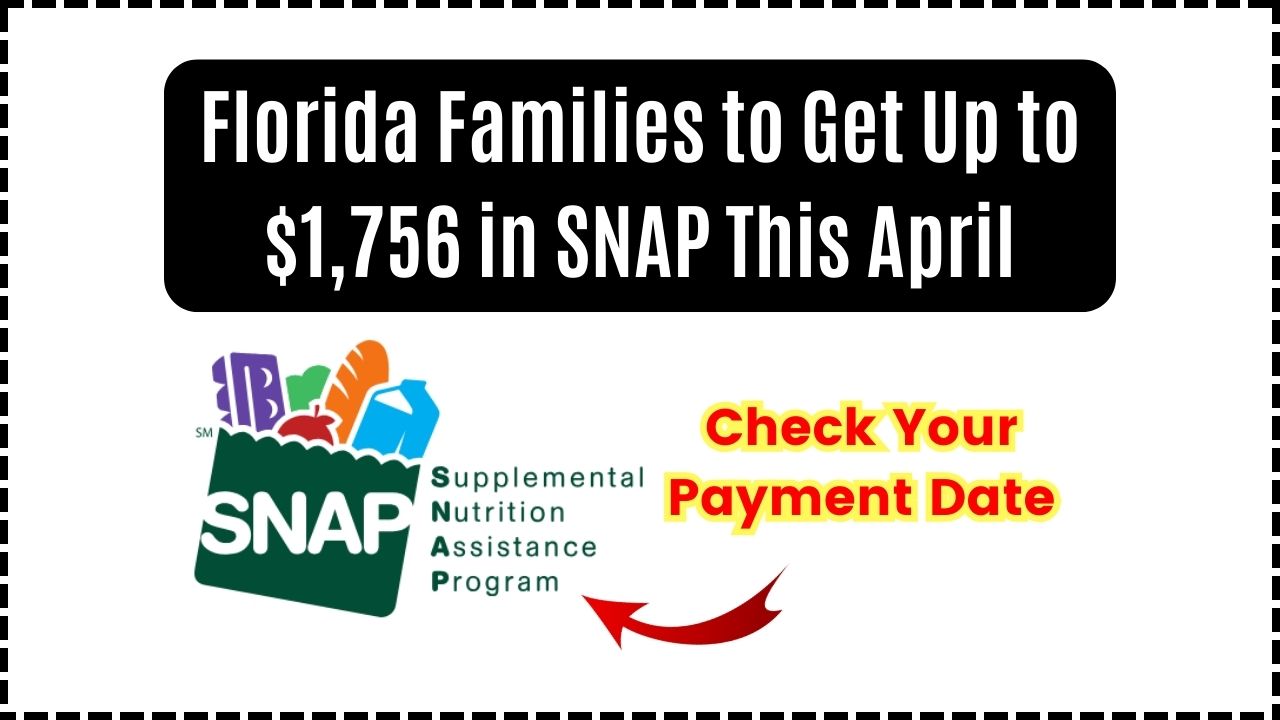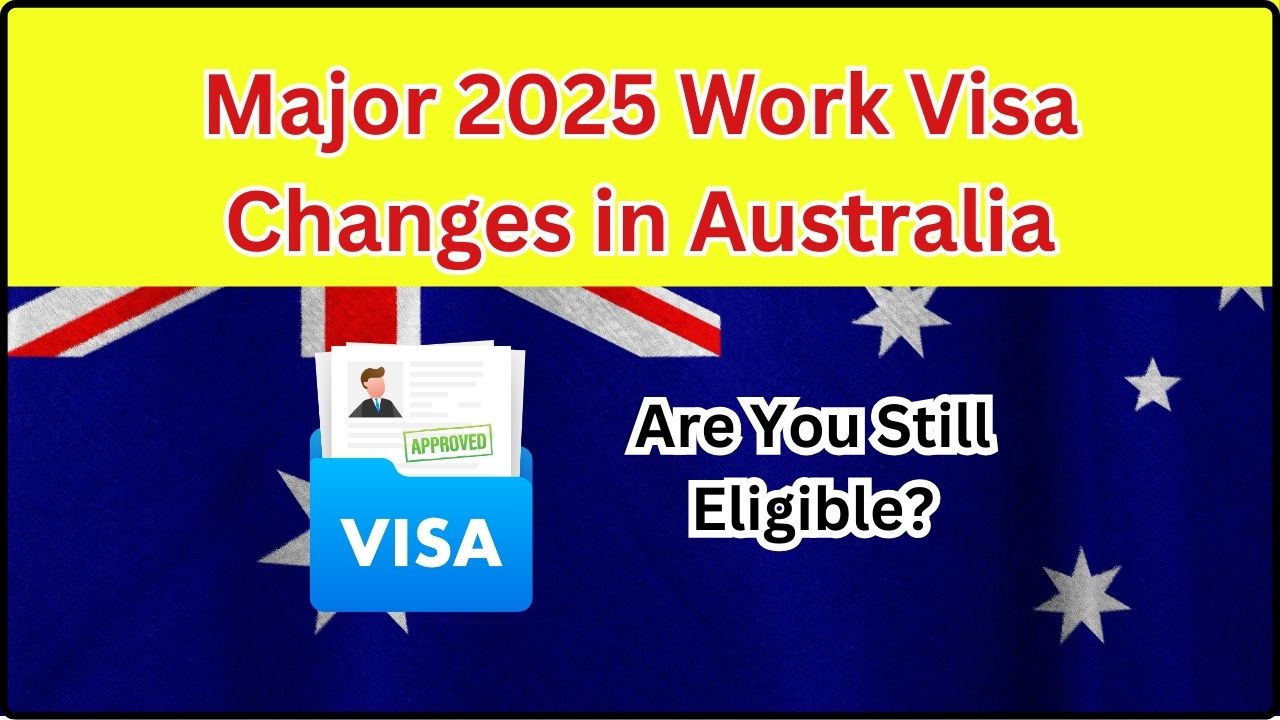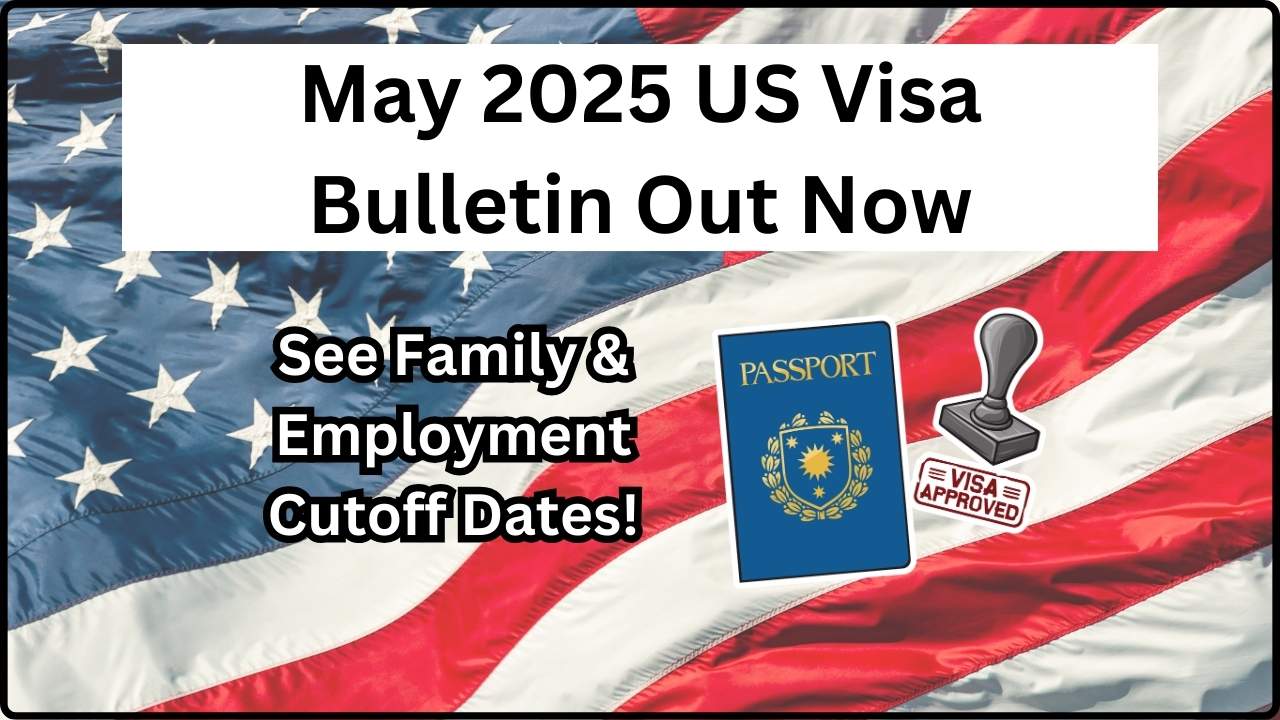
R1,400 Monthly Mortgage Savings for SA Homeowners: In 2025, South African homeowners could enjoy significant relief thanks to expected interest rate cuts that may slash monthly mortgage repayments by up to R1,400. If you’re a homeowner—or looking to become one—this could be the perfect time to plan for savings or even enter the property market. Even better, first-time buyers may qualify for a government subsidy of up to R169,265 to help with purchasing a home. In this article, we’ll break it all down: what’s changing, how much you can save, who qualifies, and how to make the most of these opportunities.
R1,400 Monthly Mortgage Savings for SA Homeowners
The expected interest rate cuts in 2025 could offer much-needed financial relief to South African homeowners—saving some up to R1,400 monthly. Coupled with the First Home Finance subsidy, this creates a rare window of opportunity for both existing homeowners and aspiring buyers. Whether you want to reduce debt, boost your savings, or finally buy your first home, now’s the time to prepare. Monitor interest rate movements, check your eligibility for government assistance, and speak to a mortgage professional to get the best outcome.
| Feature | Details |
|---|---|
| Projected Interest Rate Cuts | Prime lending rate expected to fall from 11.75% to 10.25% |
| Monthly Savings | Up to R1,406 on a R1.38 million bond |
| First Home Finance Subsidy | R38,911 to R169,265 for qualifying first-time buyers |
| Who Can Benefit | Existing bondholders, prospective buyers earning R3,501–R22,000/month |
| More Info | NHFC Website |
Why Are Rates Dropping?
The South African Reserve Bank (SARB) is expected to lower the repo rate—the interest rate at which it lends money to commercial banks—as inflation stabilizes. Economists predict this rate may decline by as much as 150 basis points (1.5%) throughout 2025. If this happens, the prime lending rate could drop from the current 11.75% to about 10.25%.
A lower interest rate reduces the monthly repayment amount on home loans with variable rates, directly putting money back into homeowners’ pockets.
How Much Can You Save on Your Bond?
Let’s look at a few examples based on different bond sizes:
| Bond Value | Current Monthly Repayment (11.75%) | Projected Repayment (10.25%) | Monthly Saving |
|---|---|---|---|
| R750,000 | R8,128 | R7,362 | R766 |
| R1,000,000 | R10,837 | R9,816 | R1,021 |
| R1,380,000 | R14,923 | R13,517 | R1,406 |
| R2,000,000 | R21,674 | R19,633 | R2,041 |
| R5,000,000 | R54,185 | R49,082 | R5,103 |
These estimates assume a 20-year bond. Your actual savings may vary depending on your loan term, interest rate type, and provider.
First Home Finance (FLISP): Your Gateway to Property Ownership
If you’re a first-time buyer, the government-backed First Home Finance (formerly FLISP) could make your dream home more affordable.
What Is It?
This subsidy helps first-time homebuyers cover part of their home purchase costs—either by reducing the bond amount or covering fees like the deposit or attorney costs.
How Much Can You Get?
The amount ranges from R38,911 to R169,265, based on your income. The less you earn (but above R3,501/month), the more subsidy you qualify for.
Who Qualifies?
You need to:
- Be a South African citizen or permanent resident
- Be over 18 years old
- Earn R3,501–R22,000 per month (household)
- Be a first-time buyer with an approved home loan
- Not have received a housing subsidy before
Step-by-Step Guide to Claim R1,400 Monthly Mortgage Savings for SA Homeowners
1. Check Your Home Loan Type
Confirm whether your mortgage has a variable interest rate. Fixed-rate loans won’t benefit from SARB’s cuts.
2. Track Interest Rate Announcements
Stay updated with SARB announcements (they meet every two months). When rates drop, your lender will adjust your repayments accordingly.
3. Use Online Tools
Estimate savings using tools like:
- ooba Bond Calculator
- SA Home Loans Repayment Calculator
4. Apply for First Home Finance (if eligible)
- Get home loan approval
- Submit documents (ID, proof of income, offer to purchase)
- Wait for the NHFC to process your application (4–8 weeks)
5. Speak to a Mortgage Originator
They can help you find the best lender, rate, and subsidy application channels at no cost.
What Should Homeowners Do With the Savings?
A R1,400 monthly saving is no small sum—it can help you:
- Pay off your bond faster: Add the saving back into your bond as an extra payment.
- Build an emergency fund: Save 3–6 months’ expenses in a high-interest account.
- Pay down other debts: Reduce higher-interest loans like credit cards or personal loans.
Use this opportunity to build real, long-term wealth.
Top 5 SASSA Child Grant Mistakes That Can Get You Rejected – Avoid These Things!
R1,400 Monthly Payment in April 2025 – Check Eligibility and Payment Date
SRD Grant Application Changes Coming – What They Mean for You! Check Details
Frequently Asked Questions (FAQs)
Q1: Who qualifies for the mortgage savings?
A: Anyone with a variable-rate home loan. Fixed-rate mortgage holders will not see a change.
Q2: Can I get the subsidy if I already own property?
A: No. The First Home Finance program is only for first-time buyers.
Q3: Can I use the subsidy as a deposit?
A: Yes. You can use it for a deposit, legal fees, or to reduce the bond amount.
Q4: When will SARB start cutting rates?
A: Most economists predict the cuts will begin around July–September 2025, depending on inflation.
Q5: How long does the subsidy approval take?
A: Typically, it takes 4–8 weeks from application to disbursement.






